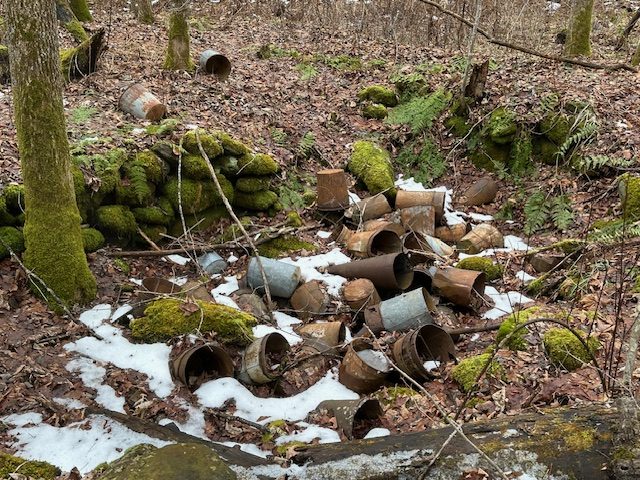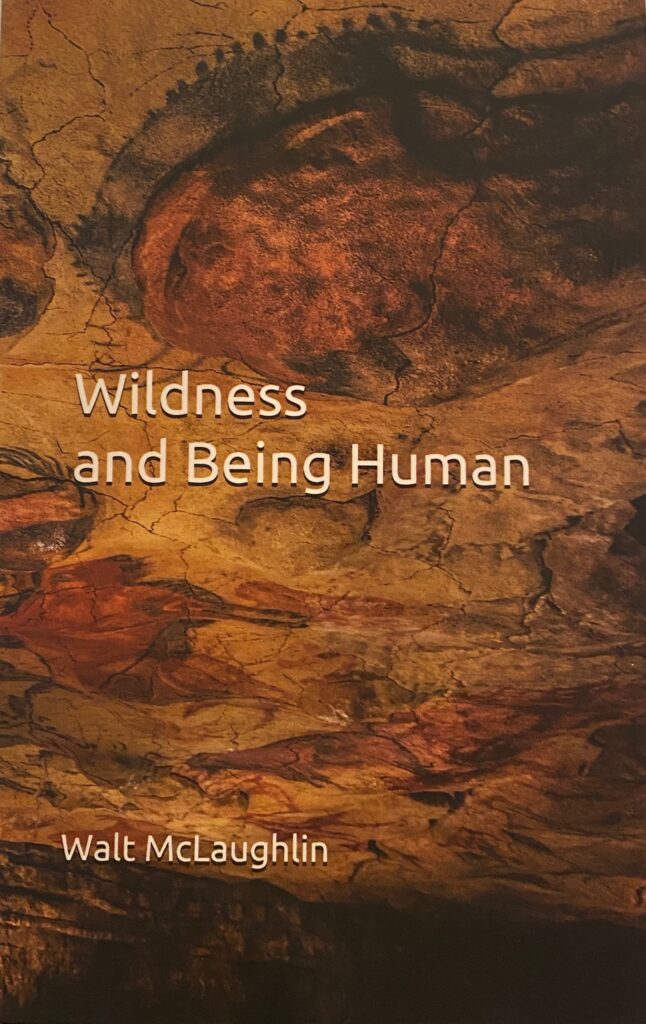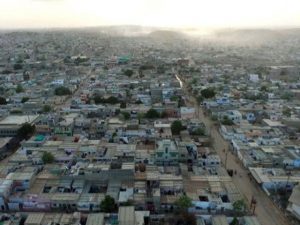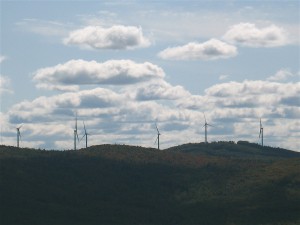Dec 19 2024
A Dark Place

I wake up one morning in a very dark place. A single rather annoying event usually triggers it, but that event is only one of several thrust upon me recently. These events don’t matter, really. It’s the avalanche of dark thoughts that follow. Suddenly I find myself in a world without hope. Theism, atheism, socialism, capitalism, rationalism, supernaturalism – it’s all terribly wrong. What we call civilization is a complete travesty.
The -Isms are just the delusions we cultivate, thinking that we have a good bead on things. But the daily news proves otherwise: famine and wars, con men in positions of power, suffering, death, destruction and for what? Homelessness and billionaires for chrissakes. For thousands of years, Homo sapiens has made a real mess of things, yet we pride ourselves on the latest technology, as if that makes any difference. And here I am right in the thick of it – frustrated, angry, depressed, and disgusted. Mostly disgusted. So I put on my boots, grab my rucksack and head out the door. The forest can’t fix things, but at least there I can rage.
I can feel it churning within me as I head for the woods: the biochemistry of despair. It can strike any time of the year, but when it comes this close to the Winter Solstice, it hits hard. The forced joyfulness and cheap sentimentality of this holiday season doesn’t help matters. I leave my car in a trailhead parking lot then head down the trail. I leave the trail as soon as I can, tramping aimlessly through the sprawling forest. I stumble upon an old cellar hole full of discarded, rusty maple syrup pails – the abandoned dream of some homesteader long ago. That matches my mood. I move on.
I tramp over patches of snow on the half-frozen ground, plowing through the forest, going nowhere. Once I’m out of breath, I stop next to a cascading brook to voice my grievances. But the brook is raging enough for both of us, so I just sit there listening. The leafless branches of the trees overhead rattle in a chilling breeze. The moss-covered boulder nearby is silent, solid and unmoved, as I will be someday. I scratch up a handful of detritus from the forest floor where living and dead things are completely entangled. What is it all for? There is no answer forthcoming from the forest regarding this the most pertinent of all questions.
Eventually I hike out, returning to the developed places where organized chaos reigns. The wild has solved nothing, yet somehow the darkness is more tolerable now. I understand why madmen go on rampages and why teenagers kill themselves, while the bulk of humanity drinks the Kool-Aid. There are questions, hard questions that we will never be able to answer. Foremost among them is why we thinking monkeys do all the foolish things that we do.
Comments Off on A Dark Place






